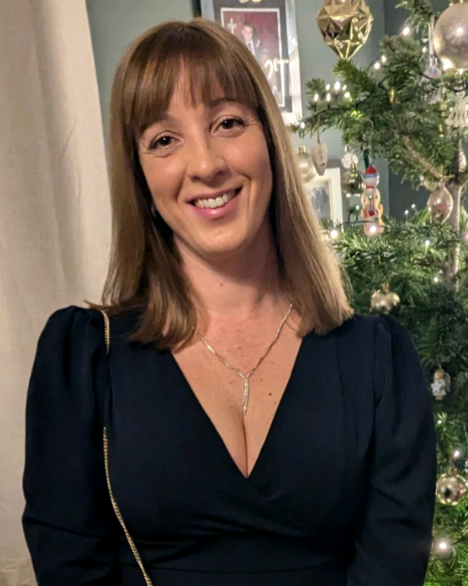Sefton Council - Retrofit Manager

Christina Chislett
Retrofit Manager – Sefton Council
- What interests you most about your work in the energy, climate change and sustainability agenda?
I have always been passionate about helping the environment and people. I love that domestic retrofit has multiple benefits to both the environment and people. Not only reducing carbon emissions but also improving people’s health and finances.
2. What are you looking to achieve through your work?
To make homes fit for now and the future. By improving the energy efficiency of homes, we not only aim to reduce the emissions created from domestic properties, to help tackle climate change, but in turn also reduce fuel poverty and making homes heathier (cooler in the summer and warmer in the winter).
3. What is the main factor supporting/driving your local authority’s work in this agenda?
The Energy and Environmental Management Team have always been passionate about energy, climate change and sustainability. We have been working on projects long before it was in favour, with the aim to reduce emissions, corporate and domestic utility bills and the fuel poverty. However, the climate emergency declaration (with the aim for council operations to be net zero by 2030) and the Liverpool City Region Net Zero Target of 2035 have pushed this agenda into the limelight.
4. What is the main factor acting as a drag on your local authority’s work in this agenda?
Lack of funding! For both long term projects and to keep established, knowledgeable and experienced teams in place between projects.
5. Give an example of something (a project/policy/initiative) that your local authority completed that others can learn from?
With Funding from the National Lottery Climate Action Fund we have created an interactive immersive experience to educate residents on small daily changes they can make to reduce carbon emissions and in turn reduce fuel poverty, along with information on emerging green jobs and a pathway to training and employment.
6. What do you think can be done at national government level to make the biggest change to outcomes in this agenda?
Long term investment for retrofit projects. The nature of stop/start funding in both the corporate and domestic landscape is hindering reaching net zero goals and resulting in loosing skilled workers in both the private and public sectors.
7. How did you get to where you are now? (personal interest, qualifications, previous jobs, other experience)
I have always had an interest in helping the planet and people. I have a 1st class degree in BSc Human Geography and Social Science, and I am trained as a Secondary School Geography teacher. I have worked for Sefton Council’s Energy & Environmental Management Team for 17 years and held various roles in relating to fuel poverty, sustainability and domestic retrofit. I am currently studying for an Associate Project Management qualification.
8. What do you do personally to support the agenda?
I have been following a plant-based diet for over 10 years (and a vegetarian diet 20 year prior to that). Reducing meat and dairy consumption helps lower greenhouse gas emissions that animal agriculture creates (livestock production alone being responsible for 14.5% of global GHG emissions).
9. What's next on your list to change personally?
Increasing the amount of bee friendly plants and flowers in my garden.

.png)



.png)